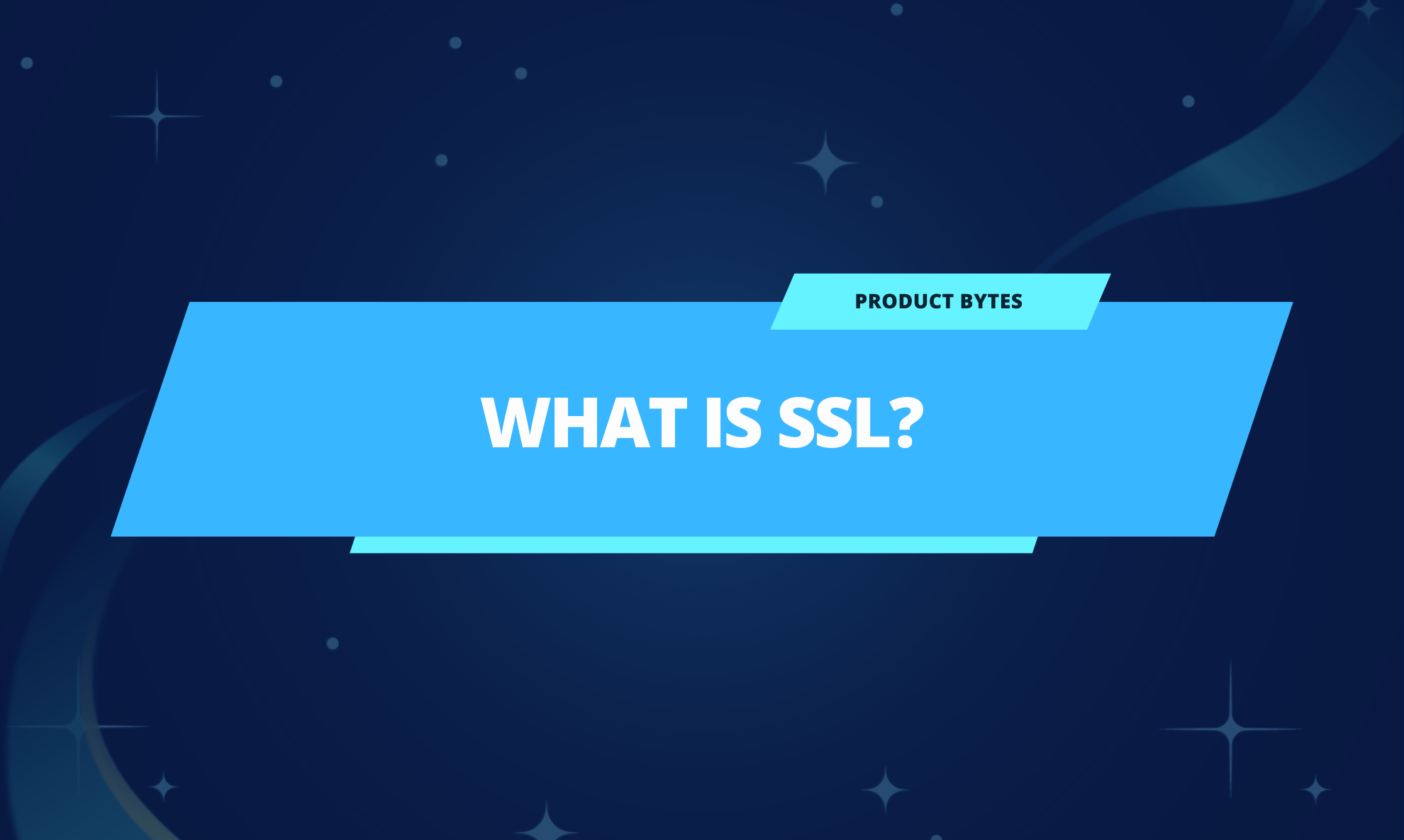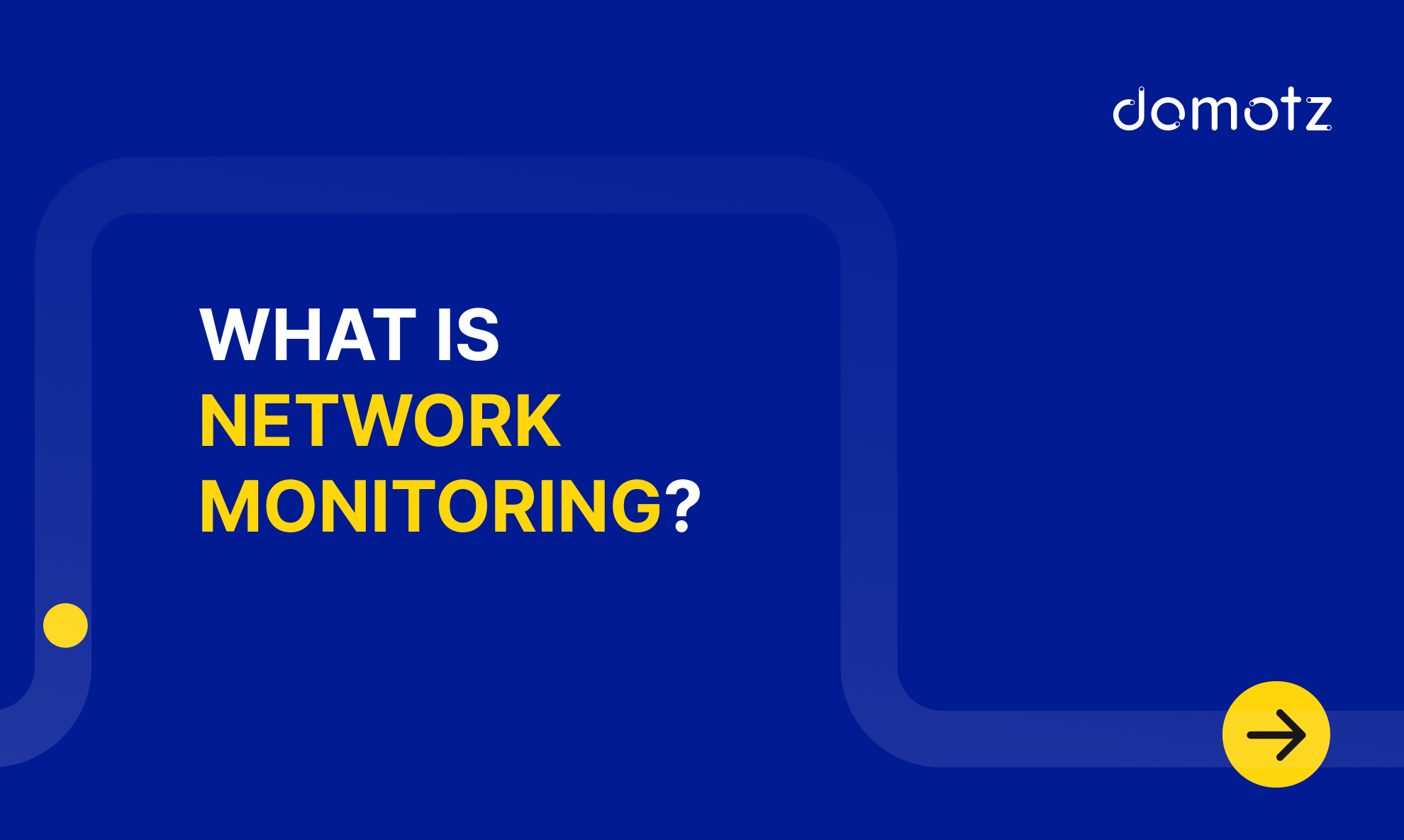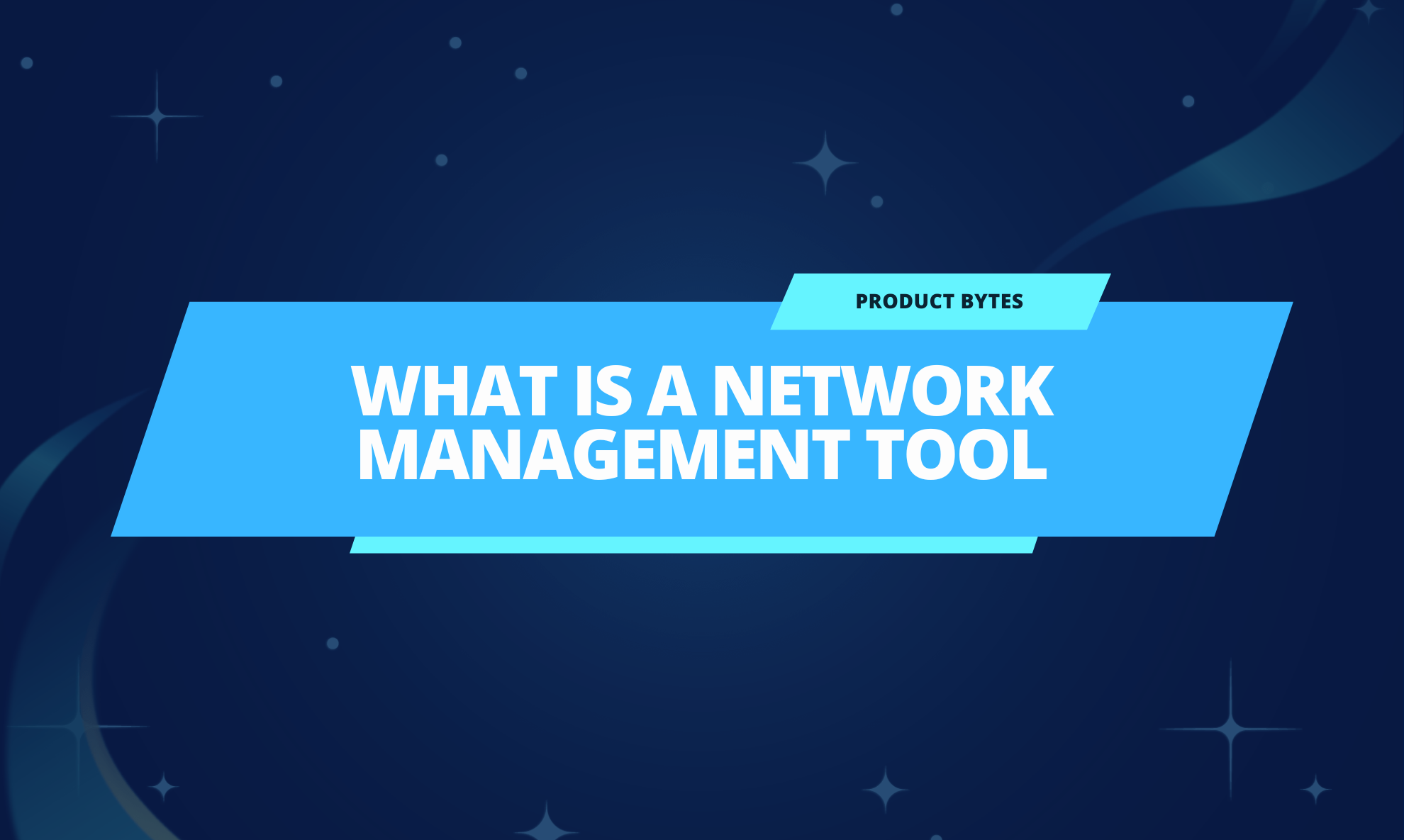Installing SSL certificates correctly and ensuring they don’t expire can be time-consuming, predominantly if your client’s business operates more than one website. Fortunately, SSL certificate monitoring can simplify this for you.
Keep reading to learn more about what SSL certificate monitoring involves and why you should use an SSL certificate monitoring tool for your clients.
What is SSL Certificate Monitoring?
The SSL certificate monitoring process is automated to authenticate a website’s identity. It involves techniques that ensure whether SSL certificates are deployed correctly and not expired. With SSL certificate monitoring, you can identify expired certificates and notify the person in charge.
Usually, Managed Service Providers (MSPs) purchase SSL certificates from a third-party certificate authority, install them and follow the SSL certificate lifestyle management process. However, if you’re an MSP, you need a tool for monitoring SSL certificates, so they don’t expire.
Your client’s website SSL certificate encrypts the connection between their site and the visitor’s web browser. As a result, it’s a vital step in keeping visitors secure when they load up a website, preventing malicious attempts by hackers from interrupting the connection.
Summing up, SSL certificate monitoring allows you to track important SSL certificate information on websites, including
- Certificate expiry
- Certificate status
- Issuer
- Configuration problems
If you want to manage SSL certificates manually, you have a lot of work. You’ll have to check the validity of each SSL certificate you manage manually. In addition, you’ll need to run tests to ensure your clients that all the SSL certificates are working correctly. Thus, it could lead to a forgotten certificate renewal, potentially leaving websites without security.
While managing your clients’ websites, an SSL monitoring tool can help automate some of these processes.
What Does an SSL Certificate Monitoring Tool Do?
Implementing a quality SSL certificate monitoring solution can save a lot of time for you.
Manually monitoring SSL certificates is a headache, especially as you have multiple sites to watch for various clients! With a dedicated tool, you can proactively monitor important information without remembering to check different devices and web pages.
Implementing a quality SSL certificate management solution will help you monitor when your SSL certificates are due to expire and whether there are any configuration problems. Tools are helpful because they can gather this data in one place and send notifications when issues need your attention, such as an SSL certificate not working correctly with a domain.
You can even track this data alongside other website content monitoring.
How Does Domotz SSL Certificate Monitoring Work?
Domotz SSL certificate monitoring allows you to monitor a website SSL certificate’s validity proactively. Moreover, it works with your Domotz dashboard to provide a single view and show you multiple SSL certificates in one table.
Add this feature as a custom integration and include it as part of your other HTTPS monitoring. Just find the proper custom driver code in our library. Use as is, or make customizations to fit your specific needs.
With our tool, you can:
- Check certificate validity
- Confirm certificate expiry date
- Inspect for potential certificate errors
- Track the remaining days left on a current certificate
Using multiple tools can make monitoring confusing and unproductive. You can keep on top of all SSL monitoring within the same platform as network, device, and website content monitoring.
SSL certificates add a vital layer of security to protect website visitors when connecting to your client’s websites. SSL monitoring can help you keep track of current certificates, the issuer, and problems with configuration and prepare you to renew certificates before they expire.
The risks of an expired, or improperly configured SSL certificate are many. Firstly, it could mean hackers can intercept sensitive data. Additionally, an SSL that’s out of date could harm search results. Moreover, it could damage your client’s reputation, and visitors may steer away from the website entirely due to the warning messages search engines provide.
A monitoring tool like Domotz proactively gathers data about your SSL certificates. It displays SSL certificate information alongside your other critical monitoring analytics, so you never miss another SSL renewal again.
Why Is SSL Certificate Monitoring Important?
You can’t afford to let your SSL certificate expire. Here’s why SSL certificate monitoring is crucial to running your online operations.
Reduce safety risks: The most obvious risk when you don’t monitor certificates is that they may expire. A website without that added layer of protection is a high risk to people visiting your client’s site, who may input sensitive information that could get intercepted by hackers. By monitoring SSL certificates’ expiry dates and statuses, you can renew them when needed, so there’s no gap in cover.
Keep your client’s reputation intact: Clients trust you to keep their visitors safe. Letting certificates could seem like their safety is not a high priority and, as a result, damage your client’s brand reputation.
Avoid loss of traffic: When an SSL certificate expires or has an incorrect configuration, visitors to your client’s site see a warning advising them the connection isn’t private, giving them the option to go back to safety. Your clients lose lots of traffic when visitors don’t feel safe to proceed. Instead, monitoring their certificate avoids this problem and keeps the website traffic flowing.
Keep search engine ranking: Google and other search engines dislike websites without SSL certificates, favoring secure sites in search engine results. SSL out-of-date certificates are bad news for your client’s organic traffic! A secure website means it remains visible in search results.
SSL certificate monitoring doesn’t have to be time-consuming. A dedicated SSL certificate monitoring tool can help save time and make monitoring a breeze.
Further reading:



